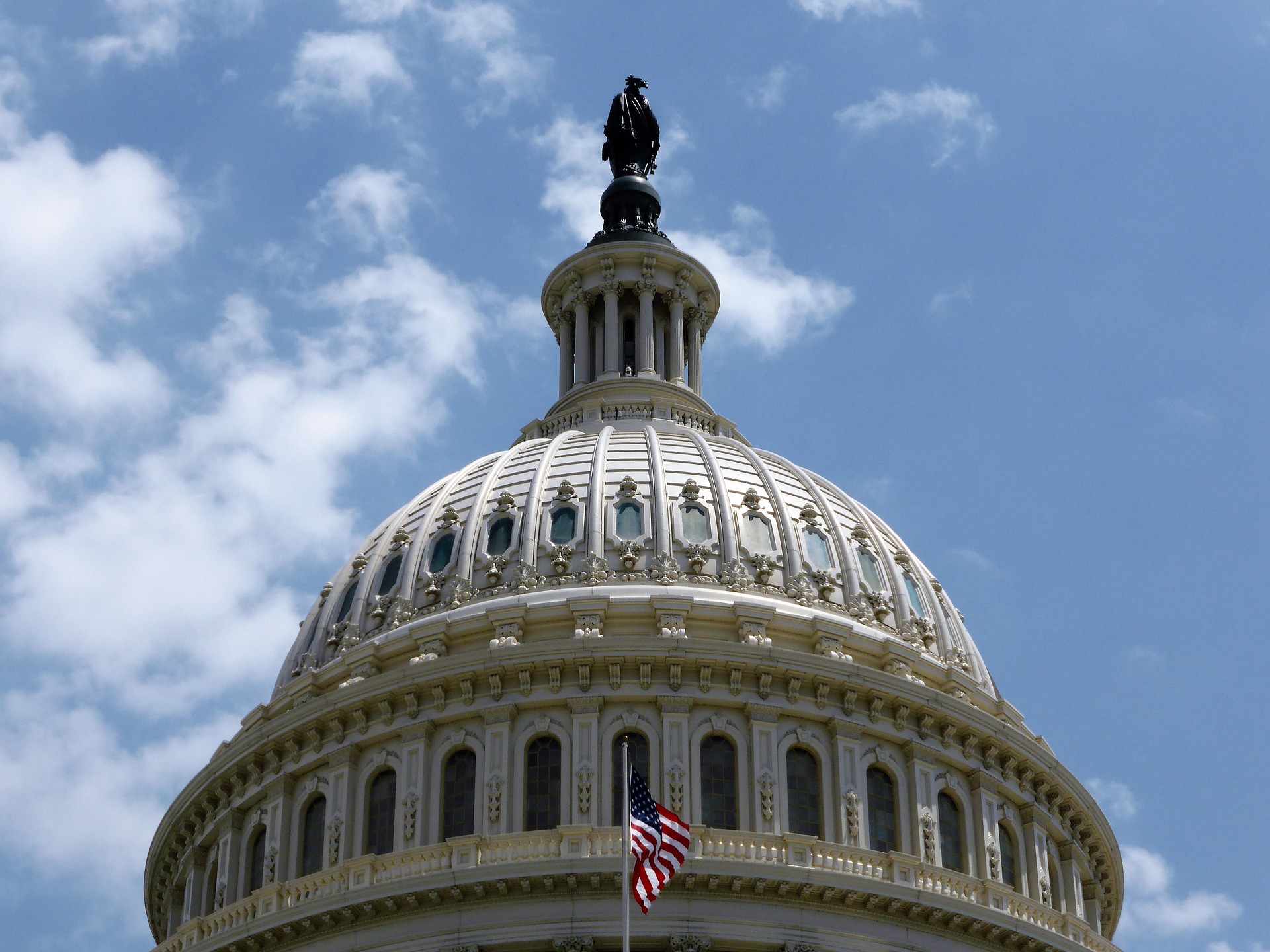

I give a slightly more than 50% chance to a deal on infrastructure and social bills next week, though the bills are unlikely to have much impact on growth next year. They are more likely to impact the mid-terms outcome and therefore the US fiscal policy in 2023 and beyond.
There has been only limited progress this week on the BIF (bipartisan, infrastructure) and BBB (reconciliation, social spending & climate change) bills, as acknowledged by President Biden on a televised town hall last night. What is required is for centrist Democrats to sign up to a BBB bill that is acceptable to House progressives so they in turn will support the BIF bill already voted by the Senate.
This article is only available to Macro Hive subscribers. Sign-up to receive world-class macro analysis with a daily curated newsletter, podcast, original content from award-winning researchers, cross market strategy, equity insights, trade ideas, crypto flow frameworks, academic paper summaries, explanation and analysis of market-moving events, community investor chat room, and more.
I give a slightly more than 50% chance to a deal on infrastructure and social bills next week, though the bills are unlikely to have much impact on growth next year. They are more likely to impact the mid-terms outcome and therefore the US fiscal policy in 2023 and beyond.
There has been only limited progress this week on the BIF (bipartisan, infrastructure) and BBB (reconciliation, social spending & climate change) bills, as acknowledged by President Biden on a televised town hall last night. What is required is for centrist Democrats to sign up to a BBB bill that is acceptable to House progressives so they in turn will support the BIF bill already voted by the Senate.
It is unclear how much progress has been made on BBB size, content and funding. On size the White House has floated $1.75 to $2tn, down from initially $3.5tn. It is not clear whether centrist Democratic Senator Manchin is on board. In July Manchin had agreed with Senate Majority Leader Schumer on a $1.5 tn envelope and last months argued in a strongly worded op’ed that the Democrats should pause large scale spending until 2022. House progressives on the other hand seem to have accepted the lower envelope and are working out ways to cut the spending.
On BBB bill contents, Senator Manchin, who hails from a coal producing state, remains opposed to the climate change provisions. On BBB bill funding Senator Sinema is opposed to raising the corporate tax rate as well as allowing the government to negotiate Medicare drug prices, a key funding provision. However, the democratic leadership this week reported progress in its negotiations with both Senators.
Earlier in the week Senate majority Leader Schumer had set today as a deadline to reach a framework agreement on both bills, that won’t be met. A more binding deadline could be October 31st, as House Speaker Pelosi has committed to putting the BIF bill to a House vote by this date. In addition, President Biden, who has now taken a much more active role in the negotiations, is leaving for Europe on Oct 28th. Support for the BIF from the progressives will require an agreement on the BBB by that date.
At this stage I give a slightly above 50% chance of a deal between $1.5tn and $1.75tn getting done before Biden leaves to Europe. The reason is the democratic leadership willingness to accommodate the centrists.
I don’t think a deal would have much economic impact since the BIF consists of about $550bn in additional infrastructure spending over 7 years or about 1/3 % of GDP a year and the BBB bill consist mainly of social transfers funded by revenue (if not tax) increases. That is, the net BBB impact will depend on the difference in the propensity to spend of those receiving the transfers relative to that of those funding it, which is likely to be small.
Striking a deal could be more important for the ability of the Democrats to retain control of Congress next year. President Biden falling approval ratings suggest this could be an uphill battle and failing to reach a deal would further weaken the Democrats chances. Should the Republicans regain control of Congress, they would likely impose a much tighter fiscal policy.
